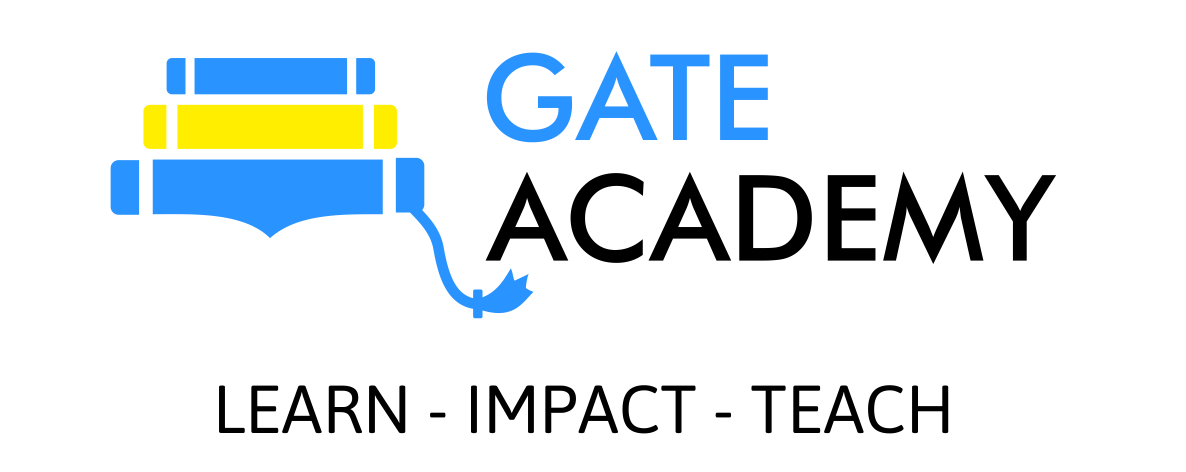Vowel Speech Sounds /i:/ and /i/
LONG VOWEL SOUND /i:/
- This is pronounced by pressing the sides of the tongue against the upper teeth with just a little space between the middle of the tongue and the roof of the mouth
- The mouth is slightly open and the lips are spread
- Examples of words containing this /i:/ sound are bee, need, machine, kerosene, sea, receive, we, these, seize, be, free, tree, ceiling, glee, margarine, Peter, beans, seem, beat, leaf, deceive, people, quay, key, eat, meet, leaf, cheek, etc.
Some Different Ways the Sound can be Realized in Spelling
- ee: deep, feet, teeth, free, seed, feel, heel, tree, bee, glee, meat, deed, etc.
- ie: families, countries, activities, ladies, babies, enemies, lorries, cities, studies, etc.
- ea: neat, seat, peak, heat, clean, least, weak, meat, leave, team, breathe, bean, etc.
- e: key, villages, edges, cases, voices, ashes, watches, bushes, buses, dishes, etc.
SHORT VOWEL SOUND /i/
- The tongue is not as high as when you pronounce /i:/.
- The side of the tongue touches the upper teeth slightly
- The tongue is relaxed and the mouth is slightly opened
- Examples of words that contain /i/ sound: hill, ink, village, women, sit, fit, fifth, rich, trick, nymph, rhythm, symbol, pretty, wicked, lady, carry, private, bin, lick, bit, depart, ladies, cities, savage, houses, party, hit, hissed, etc.
